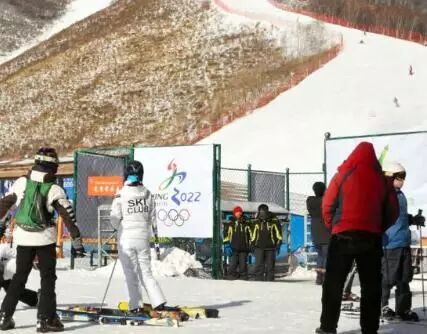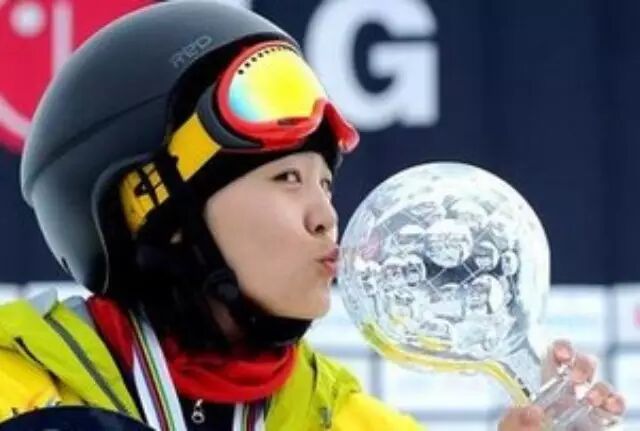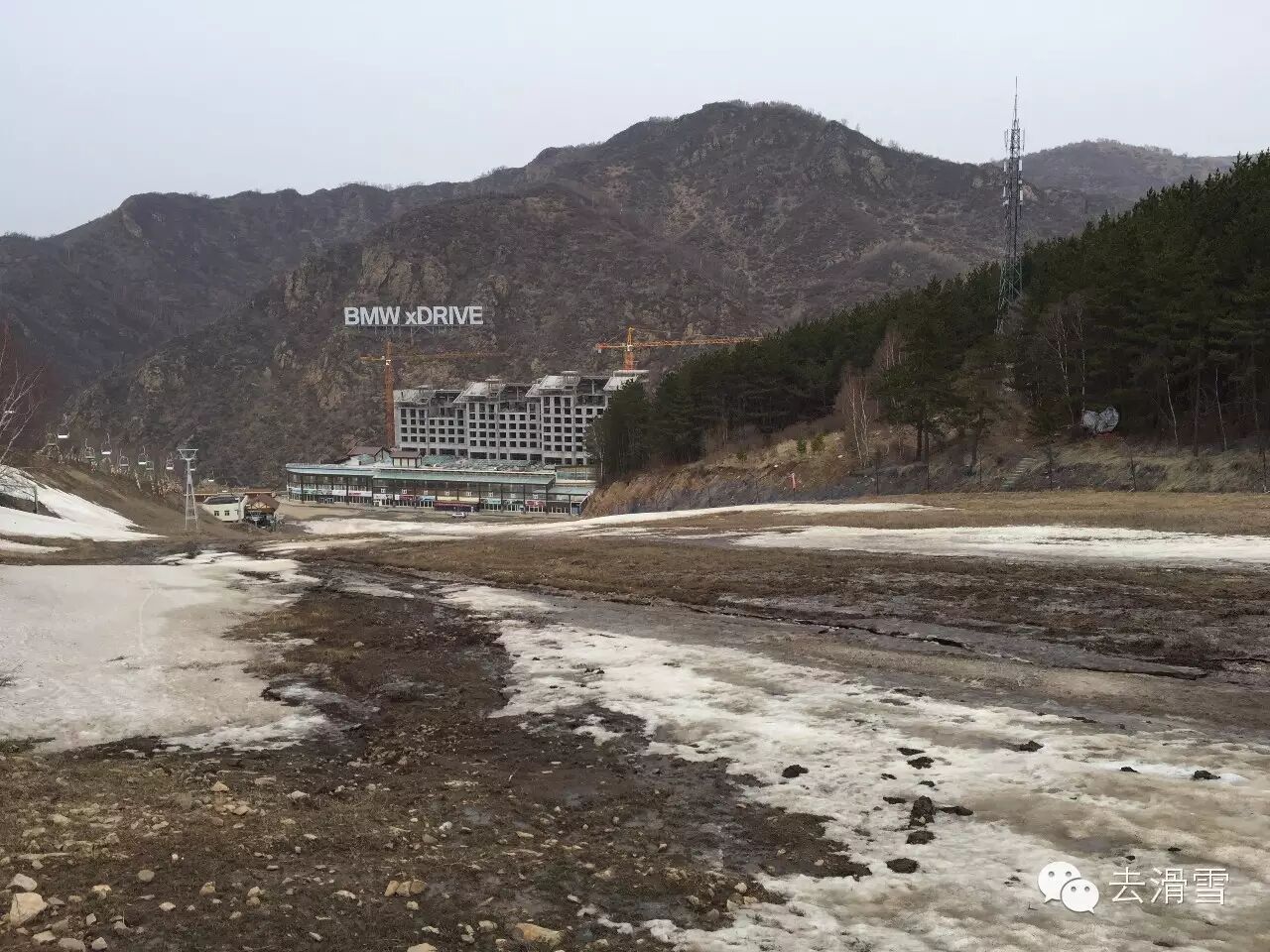Winter Olympics | Beijing vs. Almaty: The Final Day



Foreign media reports that the International Olympic Committee is currently meeting in Kuala Lumpur, where members will vote on July 31 to select the host city for the 2022 Winter Olympics. Commissioners are weighing their options carefully between Beijing and Almaty—while Beijing was initially considered the clear favorite, Almaty is now gaining significant momentum. The two cities represent entirely contrasting visions, and it seems no one can predict the final outcome until the very last moment.
According to a July 29 report from the website of Radio France Internationale, the proposals submitted by Beijing and Almaty are entirely grounded in two distinct visions. The former focuses on promoting and developing winter sports, while the latter builds upon 80% of already existing sports facilities. While the former calls for "extensive construction," the latter is more compact and streamlined, seemingly aligning better with the spirit of the International Olympic Committee's "2020 Agenda."
The report states that delegations from Beijing and Almaty are stepping up their final push—while Beijing has long been considered the clear frontrunner, Almaty’s reputation has been steadily rising over the past couple of days. An anonymous member of the International Olympic Committee remarked, "There’s no doubt that Beijing remains the favorite, as their bid is exceptionally strong and well-rounded. However, Almaty is rapidly closing the gap. As experience has taught us, no decision can be taken for granted until the very end."
The closer we get to the final moment, the more likely things are to happen—no one dares let their guard down. Both cities will keep pushing hard until the very last minute. Right now, it seems that each city has its own strengths, as well as hidden weaknesses; there’s no clear-cut advantage between them.
The plans for the two cities are very different: Almaty has proposed the most compact Winter Olympics scheme ever, with Olympic Villages and competition venues located no more than 40 kilometers apart.
Almaty is preparing for the 2017 World University Games, so 80% of the Winter Olympics infrastructure will rely on facilities from the University Games and those used during the 2011 Asian Winter Games.
Additionally, the Chimbulak Ski Resort, built in 1950, and the Baluan Sholak Stadium, completed in 1967, both can host a variety of Winter Olympics events.
Reports indicate that Beijing, with its successful experience in organizing the 2008 Summer Olympics, China's robust economic strength, and ample funding, plans to leverage the Winter Games to boost the development of winter sports—and ultimately provide winter sports facilities and services to the 300 million people living in the surrounding northern regions. Compared to Almaty, International Olympic Committee members are more inclined toward Beijing's strong likelihood of successfully hosting the event, thanks to its proven track record.
However, Beijing still has its share of challenges. While the city can certainly repurpose some of the facilities built for the 2008 Summer Olympics—such as hosting ice hockey, figure skating, and speed skating—Beijing currently lacks a single, existing, open-air venue suitable for high-level winter sports. As a result, new ski facilities will need to be constructed in Yanqing and Zhangjiakou.
The biggest concern is that Beijing's plan doesn’t align well with the International Olympic Committee’s “2020 Agenda for Action.” At the heart of this plan is sustainable development—yet the future competition venues in Zhangjiakou and Yanqing will largely depend on artificial snowmaking.
In the mountainous regions north of Beijing, annual snowfall averages just one meter deep, while Zhangjiakou sees an average of only 21 centimeters. Meanwhile, Yanqing—set to host major alpine skiing events—receives an even lower average of just 5 centimeters of snow. With snowfall severely lacking, local authorities are forced to rely on reservoir water reserves, which could significantly impact agriculture and the surrounding environment.
The report states that all it now takes is convincing the 100 members of the International Olympic Committee. Both the Beijing and Almaty delegations have already stepped up their efforts. Beijing’s team includes skiing legend Shen Xue and renowned basketball player Yao Ming, while Almaty has brought along its own celebrated athletes. Representatives from both cities are free to meet individually with each IOC member. Whether they succeed will become clear on the 31st.

Zhangjiakou Yunding Ski Resort, featuring a promotional billboard for the 2022 Winter Olympics (Asahi Shimbun website, Japan)



